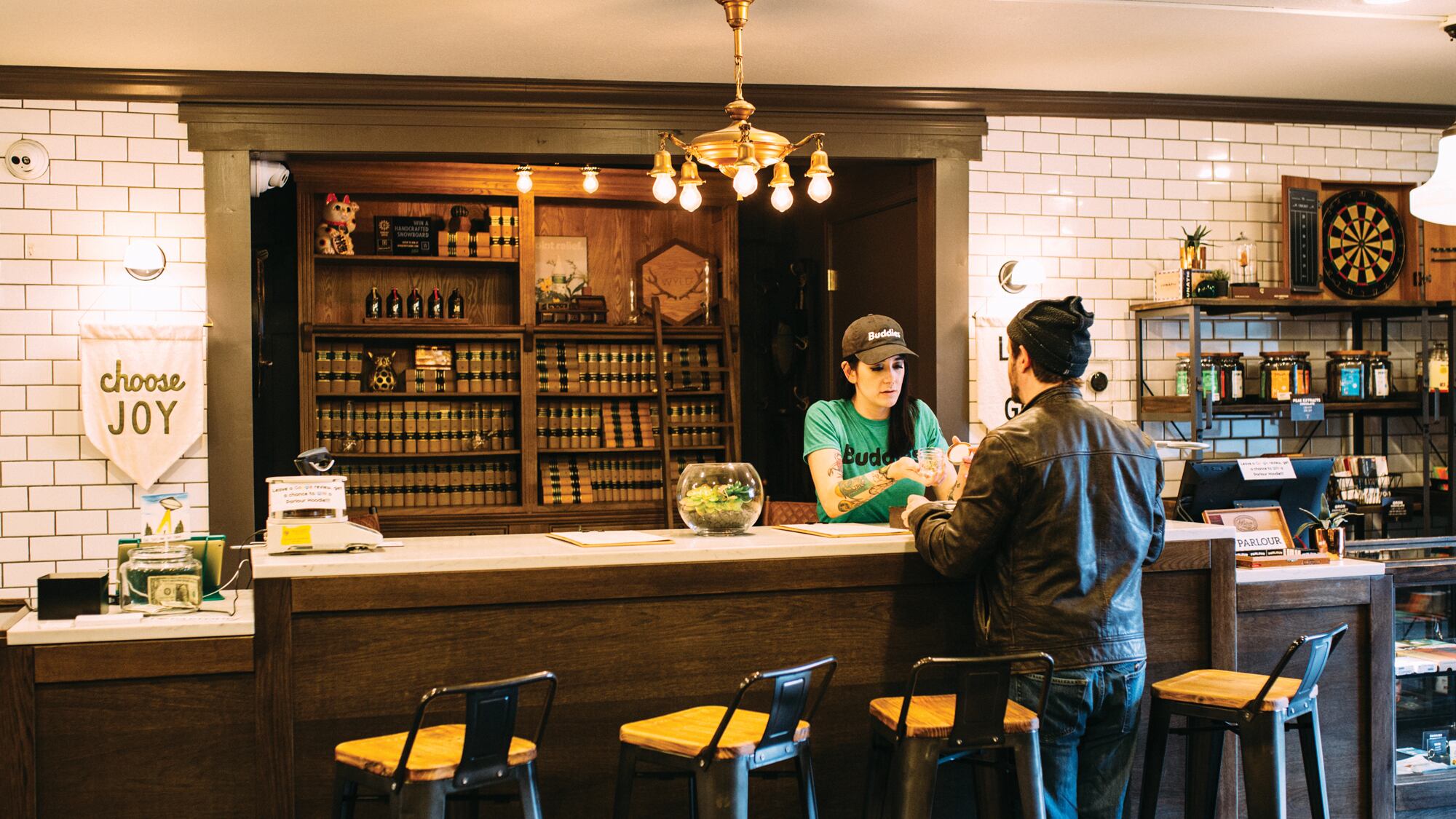As elected officials and health experts scramble to contain the spread of COVID-19, businesses across the state are shutting down—and many that remain open are worried about their continued ability to serve customers.
Yesterday, the Oregon Cannabis Association, which represents more than 250 member companies, wrote to Gov. Kate Brown, beseeching her not to order cannabis shops closed, as she previously did with bars and restaurants.
"The Centers for Disease Control and Prevention has hinted that it may call for all non-essential businesses to close to prevent the spread of the virus," the association wrote to Brown. "Our customers, both medical and not, rely on dispensaries in our state to provide them with safe and tested products. This service is critical to the tens of thousands of patients registered with [the Oregon Health Authority], as well as tens of thousands of consumers who are not registered patients, but still rely on cannabis to help control and alleviate their conditions.
"We know that many states are currently taking action to help people continue to access their medicine through different strategies. Most notably, the city of San Francisco, in enacting its social distancing measures, reversed its initial decision and has chosen to allow licensed and legal retail stores to stay open."
On Thursday, California Gov. Gavin Newsom ordered all 40 million residents of that state to stay in their homes except to perform "authorized necessary activities," such as obtaining food, prescriptions or health care. Brown and local officials have not taken that step yet, but the cannabis industry obviously doesn't want to wait for an order before making its case.
Charles Boyle, a spokesman for Brown, says there's a path for cannabis shops to stay open.
"The governor's executive order specifically addressed on-site consumption at restaurants and bars and defined which businesses are essential, but did not mandate the closure of non-essential businesses," Boyle says.
"However, we are urging all businesses and organizations to immediately evaluate their practices and their abilities to implement social distancing measures—if they cannot safely operate while preventing coronavirus spread, we would urge them to temporarily close their doors to protect their employees and customers, as well as their friends, families and neighbors."

